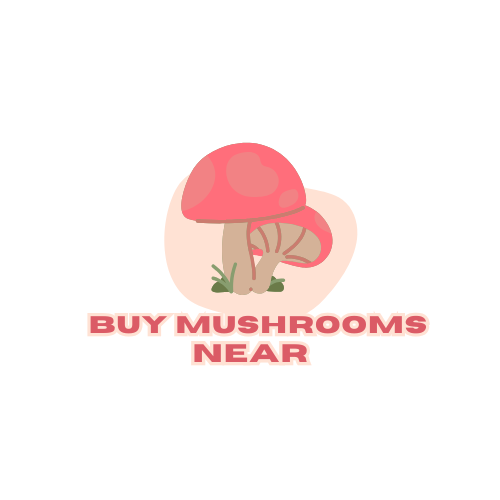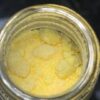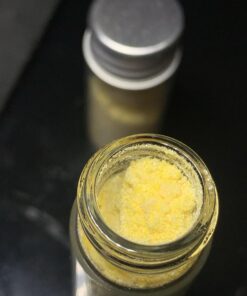Buy MDMA Crystal Online
$160.00 – $7,500.00
Buy MDMA Crystal Online
Discover the euphoric effects of MDMA crystal (3,4-Methylenedioxymethamphetamine) with our premium MDMA crystal. Known for its ability to enhance mood, increase empathy, and promote feelings of connection, MDMA is a popular choice for both recreational use and therapeutic exploration.
Key Features:
- High Purity: Our MDMA crystal is sourced from reputable suppliers, ensuring a pure and potent product that delivers consistent effects.
- Versatile Consumption: Easily dissolved in liquids or taken as is, MDMA crystal allows for flexible dosing options to suit individual preferences.
- Euphoric Experience: Users often report heightened sensory perception, increased emotional warmth, and a profound sense of well-being, making it ideal for social settings or personal introspection.
- Therapeutic Potential: Emerging research suggests MDMA may have therapeutic benefits for PTSD and anxiety, highlighting its potential beyond recreational use.
Usage: MDMA is typically ingested orally, with effects onset within 30 to 60 minutes and lasting around 4 to 6 hours. It is advisable to start with a lower dose, especially for first-time users, to assess individual sensitivity.
Safety and Considerations: While MDMA is generally safe when used responsibly, it’s crucial to stay hydrated and avoid excessive use. Be aware of potential side effects, including jaw clenching and elevated body temperature. Additionally, check local laws regarding MDMA possession and use.
Conclusion: Our MDMA crystal offers a unique opportunity for both recreational enjoyment and therapeutic exploration. Whether you’re looking to enhance social experiences or engage in personal growth, MDMA remains a powerful tool in the world of psychedelics.







Reviews
There are no reviews yet.